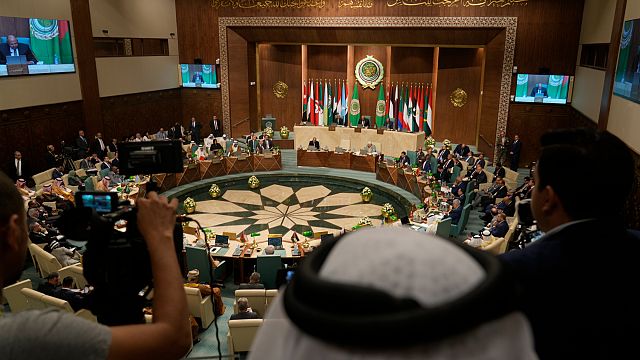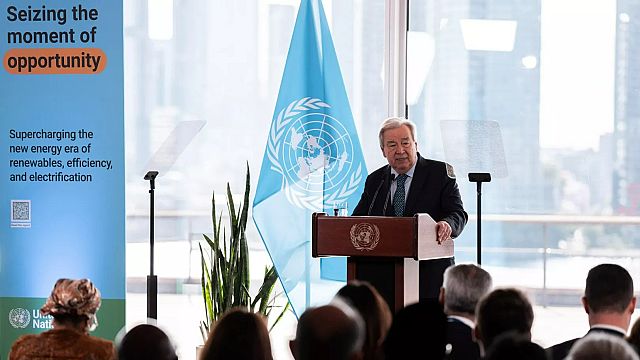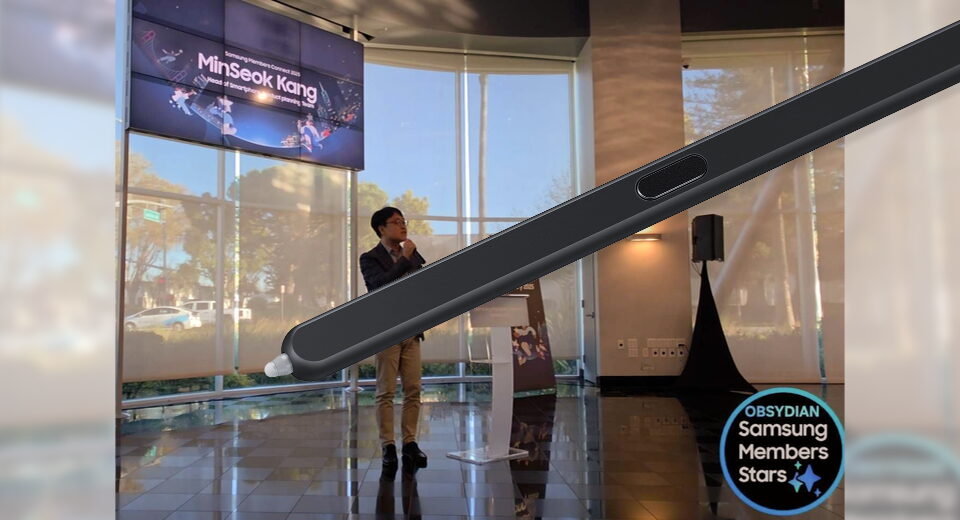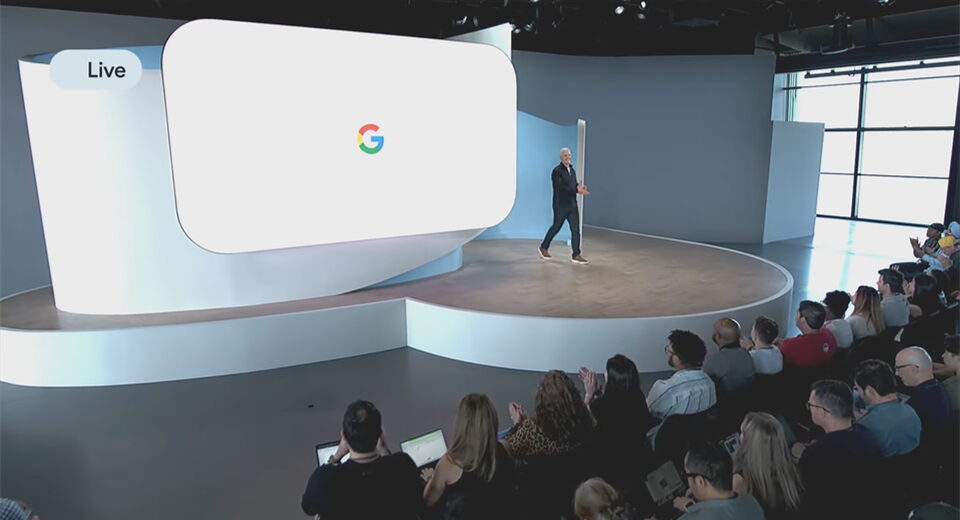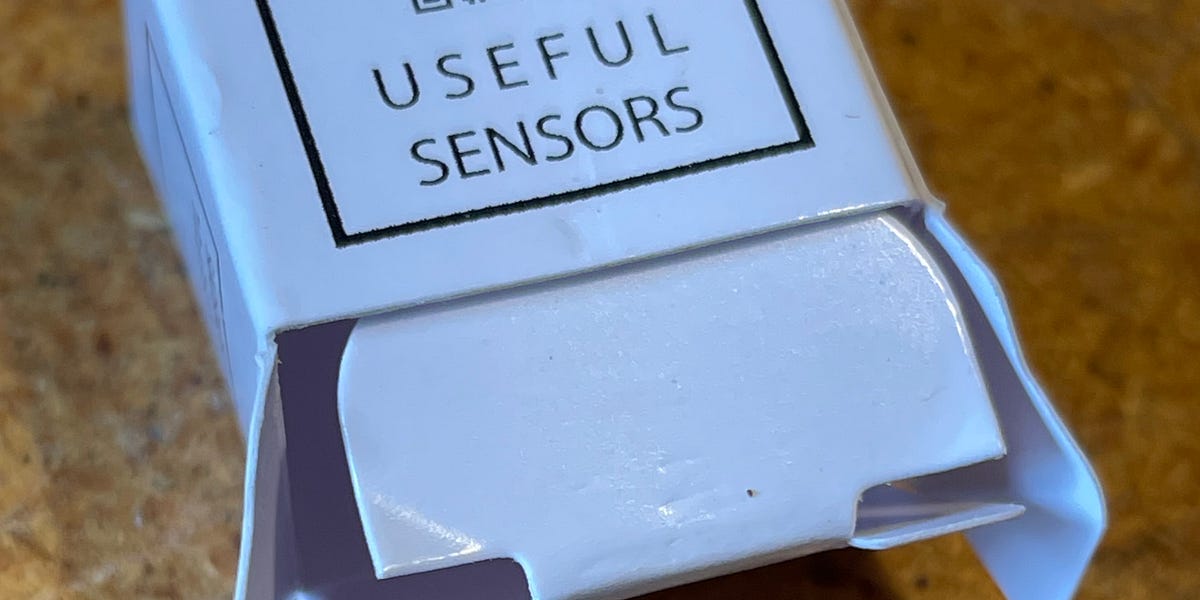White House Pushes to Block Government Accountability Office Inquiries Into Its Cuts

A federal watchdog has opened dozens of investigations to determine if President Trump and his top aides have illegally withheld billions of dollars in congressionally approved funds.
Now, Republican lawmakers are working alongside the White House to stymie those inquiries and the officials conducting them, in a move that could help Mr. Trump seize more control over the nation’s budget.
The attacks target the Government Accountability Office, a roughly century-old agency formed to help Congress keep track of federal spending. The legislative office primarily produces detailed reports on ways that Washington can save money, sometimes rankling administrations that are not so keen about its allegations of waste.
But oversight officials have recently found themselves in a direct and highly unusual confrontation with the White House over the power of the purse. The watchdog chiefly enforces a 1970s law that prohibits the president from defying congressional instructions on spending. Since taking office, Mr. Trump has sought to test that law, working swiftly to disband entire agencies and programs without lawmakers’ approval.
The G.A.O. has twice determined in recent months that Mr. Trump’s actions violated rules that prohibit him from unilaterally canceling funding, a move known as impoundment. The office has 46 open investigations into other allegations that Mr. Trump illegally withheld funds, the agency confirmed this week.
The inquiries concern the White House’s handling of foreign aid, such as money for Ukraine, along with climate investments, including funds for wind energy and clean school buses, according to internal documents from June viewed by The New York Times. The administration’s treatment of public-health and education grants, such as those for the National Institutes of Health and the child-care program known as Head Start, are also being investigated, the documents show.
Russell T. Vought, the White House budget director, has strenuously denied any wrongdoing, arguing that the administration seeks to manage taxpayer dollars more effectively. He and his deputies have also initiated a series of attacks on the G.A.O., deriding it as partisan and publicly refusing to comply with some of its investigations.
And House Republicans have recently proposed enfeebling their own watchdog. Party lawmakers unveiled legislation to halve the office’s budget for next fiscal year, potentially decimating its staff while stripping away some of its power to oversee spending.
Under existing law, the accountability office may sue to force a president to release illegally withheld funds. In a sign of the seriousness surrounding Mr. Trump’s recent spending moves, the G.A.O. said in May it would retain outside counsel that could assist in litigation, according to correspondence viewed by The Times. Mr. Trump’s top aides have previously said the office is prohibited by the Constitution from challenging the president in this way.
Gene Dodaro, the comptroller general in charge of the office, stressed that the G.A.O. is “not itching to go to court,” adding that “no decisions” have been made. He said his office would “continue to give thought” to what might prompt a lawsuit, even as he acknowledged the fact that “Congress isn’t somewhat unified behind” his group’s work.
Mr. Dodaro also stressed that his team had a “well-established tradition of nonpartisanship, despite allegations to the contrary,” as a defender of congressional interests.
“The executive branch and the Trump administration have a very expansive view of the president’s authority,” he said. “We have a statutory responsibility to protect the prerogative of Congress and the power of the purse.”
Under the Constitution, that power is afforded to Congress. But Mr. Trump and Mr. Vought have sought to reconfigure the budget on the premise that they have expansive authority to act on their own, a position echoed by some Republicans in Congress.
Last week, Republicans approved a set of spending cuts formally sought by the White House, revoking $9 billion in enacted funding for public broadcasting and foreign aid. But Democrats, who overwhelmingly opposed the clawbacks, previously estimated that Mr. Trump continues to impede more than $400 billion in additional spending without lawmakers’ approval. That includes more than $5 billion in public school funds that the White House halted in July, according to lawmakers.
A spokeswoman for Mr. Vought declined to comment.
At the center of the battle is the G.A.O., which Congress created in 1921 and expanded about a half-century later. Lawmakers at the time looked to assert themselves against the White House, after President Richard M. Nixon repeatedly defied their instructions on spending.
Eloise Pasachoff, a professor at Georgetown University’s law school who has studied the office, said it was “not created as a partisan body.” She added that it has primarily been “an evenhanded evaluator of how both programs work and spending works.”
The office has long worked to identify trillions of dollars in savings, an effort lauded by both parties that long preceded Mr. Trump and his cost-cutting operation known as the Department of Government Efficiency. But the watchdog’s work on impoundment recently has proved more politically contentious, and under Mr. Trump, it has been met with fierce Republican opposition.
In May, the watchdog found that the administration wrongly blocked funds under a $5 billion program to build electric vehicle charging stations, a major component of the Biden-era bipartisan infrastructure law that Mr. Trump sees as wasteful. The next month, the office determined that the administration mishandled funding for libraries and museums, after Mr. Trump curtailed the agency overseeing the money.
The G.A.O.’s findings coincided with a set of lawsuits challenging the interruption of federal dollars, including a new case filed last week by a coalition of states affected by the slowdown in public school funding. Mr. Dodaro, who has served at G.A.O in some capacity for more than 50 years, said the primary issue is not the specific money that has been withheld but “the process” the Trump administration used to do so.
The scrutiny has enraged a White House squarely focused on cutting spending that does not align with the president’s political views and priorities.
In a May letter to G.A.O. Mark R. Paoletta, the general counsel of the Office of Management and Budget, described the G.A.O.’s demands as “voluminous, burdensome and inappropriately invasive.” He said the Trump administration would stop cooperating in some impoundment investigations, claiming that its frequent requests for documents “undermine agency efforts to faithfully implement the law and the president’s priorities.”
The next month, Mr. Paoletta told a federal agency directly that it should “pay no heed whatsoever to G.A.O.’s conclusions, as they are incorrect” on the matter of impoundment. Mr. Paoletta said the watchdog took an overly broad view of the law, and Mr. Trump could legally withhold money temporarily “to determine the most appropriate use of the funds.”
The feud dates back to Mr. Trump’s first term, when the office found that the government wrongly withheld military aid to Ukraine in an inquiry that set the stage for Democrats to impeach the president.
Mr. Vought and Mr. Paoletta, who held the same roles at the time, denied the charges. In a 2021 letter to Congress, the two men faulted the G.A.O. for taking an “over-expansive and incorrect view of Congress’s power of the purse, which infringes upon the president’s own constitutional authorities.”
Since returning to office, Mr. Vought has argued that the federal law limiting Mr. Trump’s spending powers is unconstitutional. And Mr. Dodaro has acknowledged that the administration has “not been cooperative” in the investigations.
The White House disabled a website this spring that had helped oversight officials track federal spending, claiming it revealed sensitive information. The G.A.O. described the move in April as disruptive and potentially illegal, with “implications” for “congressional oversight,” including on impoundment. On Monday, a federal court ruled — in a case brought by public interest groups — that the Trump administration had illegally disabled the website.
While the G.A.O. is a legislative agency, its leader is appointed by the president based on a set of recommendations from Congress, then confirmed by the Senate. It is a unique structure, which Mr. Paoletta described in 2024 as “clearly unconstitutional,” arguing that it limits whom the president may choose.
Lisa Gilbert, the co-president of Public Citizen, a watchdog group, said that Mr. Trump has proved “all too willing” to “do away with the watchdogs.” She said it had the effect of “making it harder to oversee the actions” of the president.
Mr. Vought has also sought to increase the budget of O.M.B., at times describing such a move as a counterweight to congressional investigators. Republicans ultimately delivered $100 million in new funding for Mr. Vought as part of the tax package Mr. Trump signed into law earlier this month. The boost is meant to help the White House in “finding budget and accounting efficiencies.”
In contrast, House Republicans in June proposed to strike nearly $400 million from the G.A.O’s budget as part of a larger spending measure for next fiscal year. Its author, Representative David Valadao, a Republican from California framed it in June as part of a broader crackdown on “unnecessary spending” in the legislative branch. But Mr. Vought appeared to offer another explanation on social media, writing: “Maybe GAO shouldn’t be partisan.”
The House measure, if passed, could force the accountability office to reduce its staff by at least 2,200 people, according to an estimate that the G.A.O. furnished to lawmakers in June. The office warned that the cut would leave it unable to do work sought by both parties to uncover federal waste.
“It would have, if that were to happen, grave and pervasive effects on our services to Congress,” Mr. Dodaro said in an interview.
The House bill would also block the accountability office from suing the government to force the release of frozen funds, unless Mr. Dodaro and his successors obtain congressional support. That could make it harder for the office to conduct oversight of Mr. Trump, though Senate Republicans have not targeted the G.A.O. as part of their own appropriations bill for 2026. A spokesman for Mr. Valadao did not respond to a request for comment.
“They don’t want any accountability,” said Representative Rosa DeLauro, the Connecticut Democrat who leads her party on the chamber’s Appropriations Committee. “They’re annoyed the G.A.O. found the White House is stealing funds from taxpayers. That is the only plausible explanation for this.”
What's Your Reaction?
 Like
0
Like
0
 Dislike
0
Dislike
0
 Love
0
Love
0
 Funny
0
Funny
0
 Angry
0
Angry
0
 Sad
0
Sad
0
 Wow
0
Wow
0





